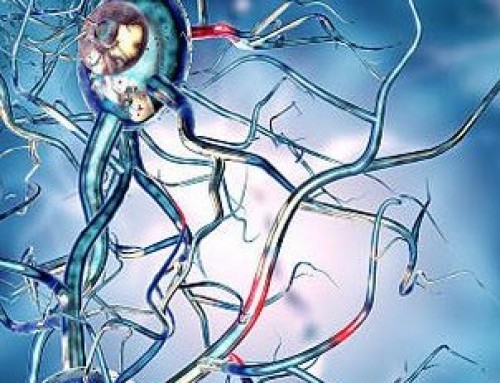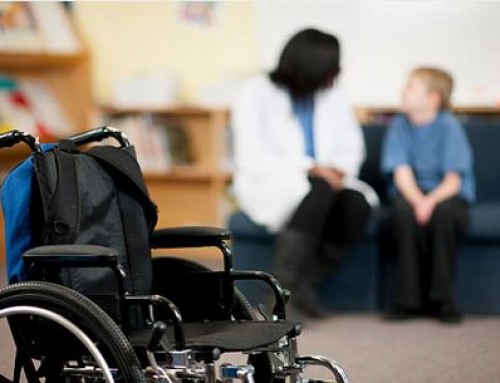Solution Gives Researchers New Treatment Option for a Torn Meniscus
Researchers from the Universities of Liverpool and Bristol in England are evaluating a new stem cell treatment for knee injuries. The clinical trial represents the first of its kind in humans.
The treatment is a ‘living bandage’ made from stem cells, which could revolutionize the treatment and prognosis of a common sporting knee injury.
Approximately 1,000,000 Americans and Europeans suffer from a meniscal tear every year. The damage is often caused as a result of physical sports; but can also happen from rigorous physical activity around the home.
The challenge a patient with a meniscal tear faces is that the region has limited blood flow. This makes treatment or repair very difficult.
Stem Cell Treatment Option
 Azellon Cell Theraputics is a spin-out company developed by The University of Bristol. Their focus is the development of therapeutic treatments through the use of mesenchymal stem cells. Mesenchymal stem cells are simply the stem cells that are found in a baby’s umbilical cord among other sources. These cells have the remarkable ability to differentiate into numerous tissues and structures throughout the body.
Azellon Cell Theraputics is a spin-out company developed by The University of Bristol. Their focus is the development of therapeutic treatments through the use of mesenchymal stem cells. Mesenchymal stem cells are simply the stem cells that are found in a baby’s umbilical cord among other sources. These cells have the remarkable ability to differentiate into numerous tissues and structures throughout the body.
Azellon infuses the mesenchymal stem cells with what they describe as a biological scaffolding to repair damaged tissue.
Knee Injury Clinical Trials
An initial clinical trial has been conducted using five patients. While the sample size is small, the results are very promising and were published December 16, 2016 in the journal Stem Cells Translational Medicine and via press release.
Three of the five patients maintained an intact meniscus 2-years after the procedure. The remaining two patients required surgery as a result of new injuries or a relapse in symptoms.
“The Cell Bandage trial results are very encouraging and offer a potential alternative to surgical removal that will repair the damaged tissue and restore full knee function.” – Professor Anthony Hollander, Chair of Stem Cell Biology at the University of Liverpool
The research team is also working on a version of their Cell Bandage that uses donor cells. This is expected to reduce procedure costs while also eliminating one of two surgeries.
References:
Anthony P. Hollander et al. Repair of Torn Avascular Meniscal Cartilage Using Undifferentiated Autologous Mesenchymal Stem Cells: From In Vitro Optimization to a First-in-Human Study. Stem Cells Translational Medicine, December 2016 DOI: 10.1002/sctm.16-0199





